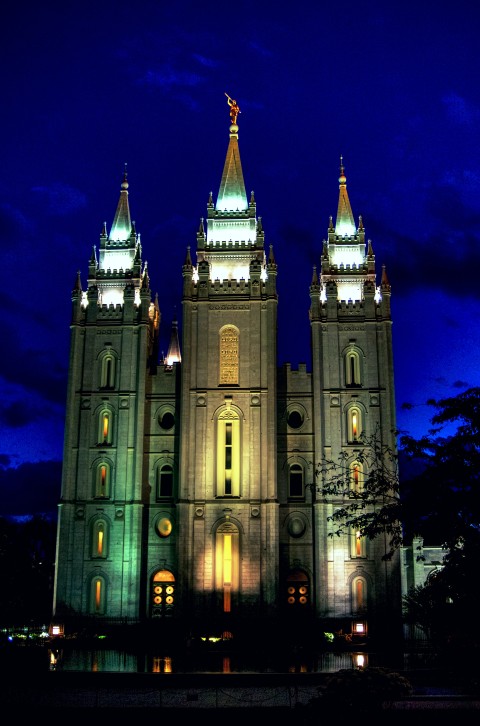LDS Church sued for alleged role in Boy Scouts sexual abuse crisis

The Church of Jesus Christ of Latter-day Saints was hit with several lawsuits in late December for allegedly covering up decades of sexual abuse among Boy Scout troops in Arizona, marking the latest litigation before the state’s end-of-year deadline for adult victims to sue.
The church “must be held accountable in order to bring healing and closure to Mormon victims of childhood sexual abuse,” Hurley McKenna and Mertz, a law firm that focuses on church sexual abuse, said in a statement.
In the seven lawsuits, each representing a different male victim, attorneys say church officials never notified authorities about abuse allegations. Public records show that members of church-sponsored Boy Scout troops who were abused would tell church bishops about what they had experienced. The lawsuits allege bishops would then tell the victims to keep quiet so the church could conduct its own investigation.
Read our latest issue or browse back issues.
In the meantime, troop leaders and volunteers accused of sexual abuse would be allowed to continue in their roles or be assigned to another troop, the suits said.
Church spokesman Sam Penrod said in a statement that the faith has zero tolerance for abuse of any kind and that the serious allegations require thorough investigation. He called it inaccurate to say the faith had access to files that had names of banned Scout leaders, claiming the church hasn’t seen the records that allegedly back the accusations.
“The church learned about the details of those files at the same time as the general public,” said Penrod. “These claims will be carefully evaluated and appropriately addressed.”
All seven victims are asking for a jury to award an unspecified sum for medical expenses, pain, and suffering. They are also seeking punitive damages for the “outrageous conduct” of church officials.
The church sponsored at least seven troops in metro Phoenix and Tucson, according to attorneys. The allegations of sexual abuse touch all seven troops and and range in date between 1972 and 2009.
The church was the largest sponsor of Boy Scouts of America troops and its greatest ally until the church ended the partnership on January 1, 2020, and pulled out more than 400,000 young people. It moved them into its own global youth program which focuses on religion and spiritual development, weaving in camping and other outdoor activities in parts of the world where that’s feasible.
The split ended a nearly century-old relationship between two organizations brought together by shared values that diverged in recent years. Amid declining membership, the Boy Scouts of America opened its arms to openly gay youth members and adult volunteers as well as to girls and transgender boys.
In its first step toward creating a compensation fund for men who were molested as youngsters by scoutmasters or other leaders, the Boy Scouts of America filed for bankruptcy protection in February. Around 90,000 sexual abuse claims have been filed against the Boy Scouts. It’s the latest major American institution to seek bankruptcy protection amid mounting legal pressures over allegations of sexual abuse. Roman Catholic dioceses across the country and some universities have paid out hundreds of millions of dollars in recent years.
These suits came just as a window to pursue litigation for some victims of childhood sexual abuse in Arizona was about to close. The state joined several others in extending the rights of now-adult victims to sue their alleged assailants and any churches, youth groups, or other institutions that turned a blind eye at the time of the abuse.
Lawmakers gave victims until their 30th birthday to sue—a decade longer than before. Victims who missed the cutoff had a onetime opportunity to file suit before the end of 2020. Arizona has no deadline for criminal charges in child sexual abuse cases.
Andrew Van Arsdale, a lawyer with Abused in Scouting, said the legal network is filing 261 sexual abuse lawsuits in Arizona against various local Scout councils. —Associated Press. Associated Press writers Brady McCombs in Salt Lake City and David Crary in New York contributed to this report.






